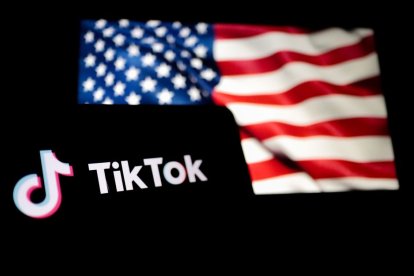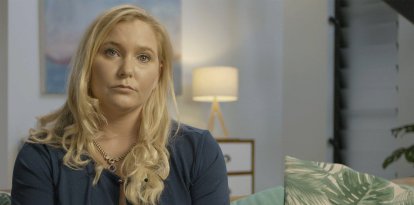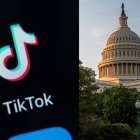TikTok has been aware of the harmful effects its platform has on young people for years
The Kentucky Public Radio station has uncovered internal documents from the social network which reveal that management is aware of the harmful effects its algorithm has on teenagers.

TikTok must agree to federal government conditions if it wants to continue operating in the U.S.
TikTok teams identified the platform's harmful effects on young users but limited preventative measures out of fear it would lead to a decline in users, according to internal documents revealed Friday by Kentucky Public Radio.
The documents was referenced in the court summons issued by Kentucky's U.S. attorney, along with 12 other U.S. states and the U.S. attorney for Washington D.C., accusing TikTok of harming the mental health of its young users.
Kentucky Public Radio reported the findings before a state judge ordered the documents be removed from the public record.

Politics
Fourteen attorneys general denounce TikTok for harming minors as a business model
Santiago Ospital
The documents show that TikTok was aware of the power of attraction its platform and its recommendation algorithm has on young users.
"We need to be aware" of the consequences the algorithm can have on "sleep, nutrition, moving around the room or looking someone in the eye," a company executive wrote.
In another internal document, TikTok claimed that a user can "become addicted" after watching 260 videos.
According to the documents, the company’s own researchers concluded that “Compulsive use (of TikTok) is linked to a number of negative effects on mental health, such as loss of analytical ability," and also impairs "memory formation, the ability to contextualize, converse and empathize.”
The same source also claimed that frequent use of the social network also generates "increased anxiety.”
TikTok has added a number of features to limit younger users from abusing the platform, such as parental controls and 60-minute time limits.
However, according to the documents, the Chinese subsidiary ByteDance did not try to improve this tool, even though it was aware of its limited effectiveness.
"Our goal is not to reduce the time spent" on the platform, wrote a TikTok project manager.
"It is very irresponsible that (public radio) has published information protected by law," TikTok said in a statement sent to AFP.
The platform claims the documents were "taken out of context" and quoted in a "misleading" manner. The company stresses that it has put measures in place to protect minors.
RECOMMENDATION





















